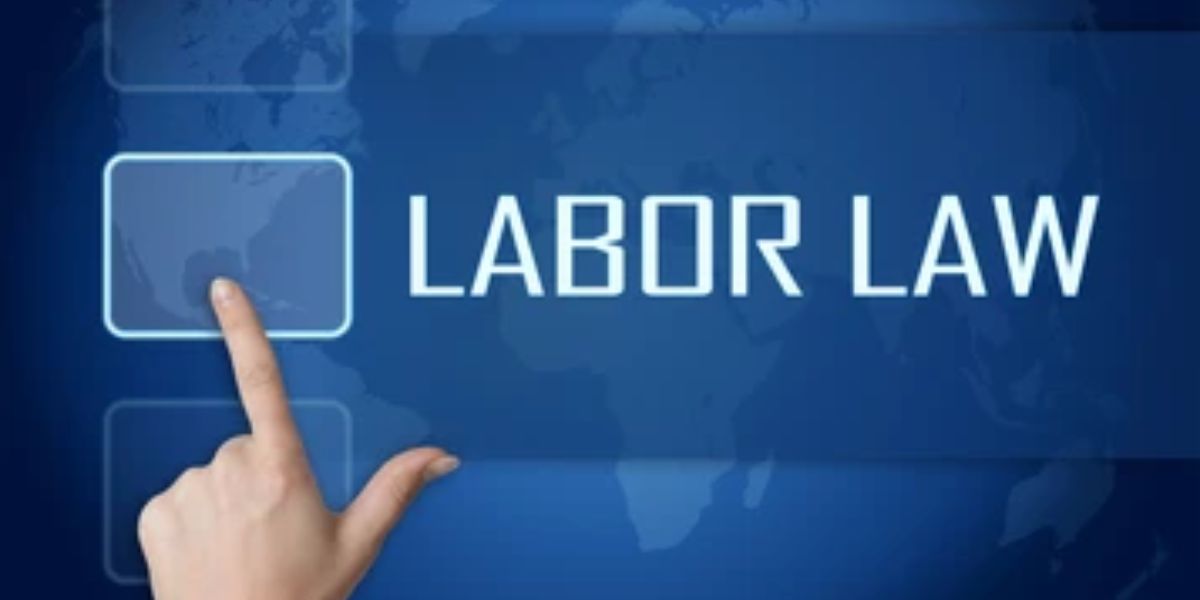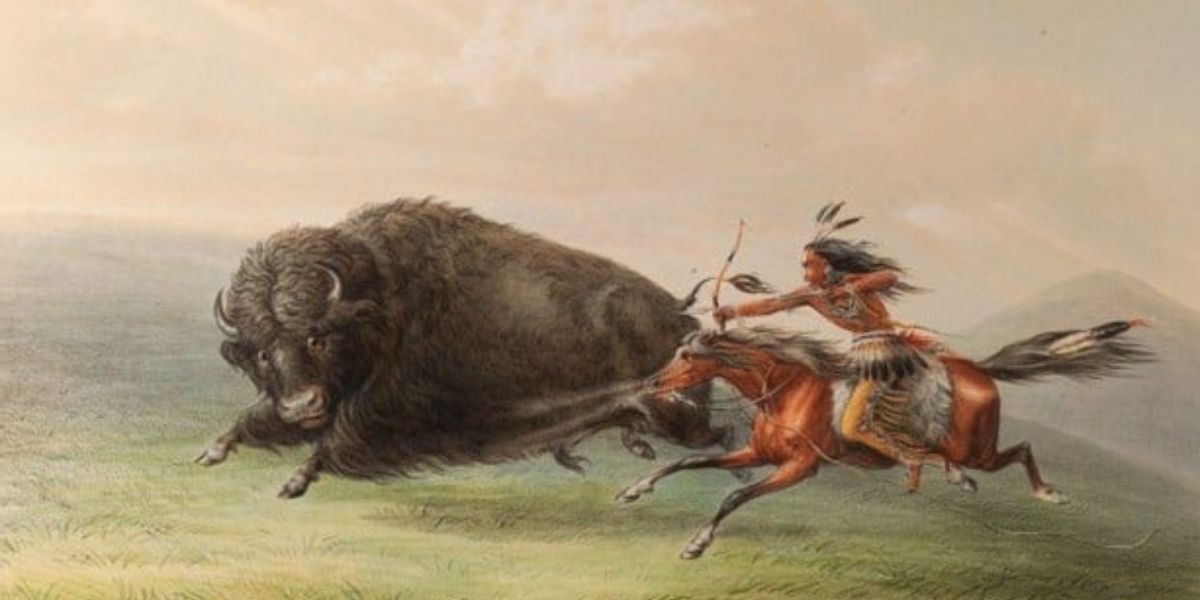Alaska, like most states, has specific laws in place to regulate youth employment. These laws aim to protect young workers from hazardous conditions while allowing them to gain valuable job experience.
If you are a teenager looking to start working in Alaska, or if you are an employer looking to hire minors, it’s important to understand the legal working age, permit requirements, and job restrictions in the state.
Minimum Age to Work in Alaska
In Alaska, the minimum legal working age is 14 years old. However, certain exceptions allow younger children to work under specific conditions, such as in family businesses or in entertainment roles like acting. For most industries, the state enforces strict regulations to ensure that young workers are not exploited or placed in dangerous situations.
Work Permit Requirements for Minors
Alaska requires minors under the age of 17 to obtain a work permit before they can legally be employed. Work permits must be approved by the Alaska Department of Labor and Workforce Development. Here’s how minors can obtain a work permit in Alaska:
- Find an Employer – Before applying for a permit, a minor must first secure a job offer from an employer.
- Complete the Work Permit Application – The employer and minor must fill out a work permit application form, which includes details about the job, expected hours, and parental consent.
- Submit for Approval – The completed application must be submitted to the Alaska Department of Labor, which reviews the request to ensure compliance with state labor laws.
- Receive Approval and Start Work – Once approved, the minor can legally begin working within the specified job restrictions.
Hour Restrictions for Minors
Alaska has clear guidelines on the number of hours minors are allowed to work to ensure their employment does not interfere with their education. These restrictions vary by age:
- 14 and 15-Year-Olds
- May work outside of school hours only.
- Cannot work more than 3 hours on a school day and more than 18 hours in a school week.
- During non-school weeks, they can work up to 8 hours per day and 40 hours per week.
- Work hours are limited between 7:00 AM and 9:00 PM from June 1 to Labor Day and 7:00 AM to 7:00 PM during the rest of the year.
- 16 and 17-Year-Olds
- Have fewer restrictions but still cannot work in hazardous occupations.
- Can work during school hours but must balance employment with education.
- Work hours should generally not exceed 40 hours per week.
Restricted and Prohibited Jobs for Minors
To ensure the safety of young workers, Alaska prohibits minors from working in certain hazardous jobs. These include but are not limited to:
Jobs Minors Under 16 Cannot Perform
- Operating power-driven machinery (such as lawnmowers, chainsaws, or industrial equipment).
- Manufacturing, mining, or processing industries.
- Construction work or jobs involving scaffolding.
- Operating motor vehicles or working as delivery drivers.
Jobs Prohibited for Minors Under 18
- Handling explosives or firearms.
- Logging and sawmill operations.
- Roofing and excavation work.
- Operating heavy machinery, including forklifts.
- Working in environments with hazardous chemicals or radioactive materials.
These restrictions help prevent workplace injuries and ensure young workers are placed in environments suited to their age and experience level.
Jobs That Are Commonly Available for Minors
While there are many job restrictions, there are still plenty of opportunities for young workers in Alaska. Some of the most common jobs for minors include:
- Retail and Grocery Stores – Cashiering, stocking shelves, and bagging groceries.
- Food Service – Hosting, bussing tables, dishwashing, and working as a barista.
- Entertainment and Recreation – Lifeguarding (for certified minors), working at amusement parks, and movie theaters.
- Office and Clerical Work – Filing, answering phones, and light office duties.
- Agricultural Jobs – Picking crops, farm maintenance, and working with animals under supervision.
- Family-Owned Businesses – Minors can work in a business owned by their parents, provided the work is not hazardous.
Employer Responsibilities When Hiring Minors
Employers in Alaska must follow strict guidelines when hiring minors to ensure compliance with labor laws. Responsibilities include:
- Ensuring proper work permits are obtained for all employees under 17.
- Adhering to hour restrictions based on the age of the minor.
- Providing a safe work environment and not assigning hazardous tasks.
- Paying at least minimum wage unless the position is exempt (such as some agricultural jobs or apprenticeships).
Employers who violate child labor laws in Alaska may face fines and penalties from the Department of Labor, making compliance essential.
Conclusion
Alaska’s labor laws are designed to strike a balance between allowing minors to gain valuable work experience while protecting them from unsafe conditions. The legal working age in Alaska starts at 14, with strict permit and hour restrictions in place for those under 17. Additionally, certain hazardous jobs are completely off-limits to minors under 18.
For young workers, securing the right job means understanding these laws, obtaining the necessary permits, and ensuring that their work environment is safe. Employers, on the other hand, must be diligent in following state regulations to avoid legal consequences. By staying informed, both minors and employers can ensure a positive and legal work experience in Alaska.




